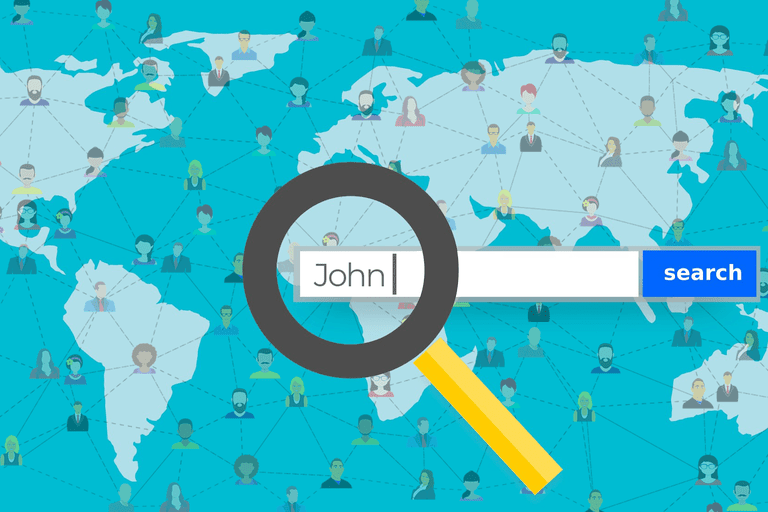Your online reputation is something you must protect with all of your efforts. Whatever is uploaded to the internet will forever stay on the internet, so it's important to make sure that the content you are posting online does not negatively reflect on your online reputation. The internet is a public space, so everyone from your friends and family to your employer and associates can access material that is linked to your name. Here are 5 ways you can protect your online reputation:
#1 Search yourself on Google
The best way to tell how exposed you are on the internet is by conducting a Google search of yourself. Ideally, you'd want to do this at least once a month just to keep track of your name in case anything suspicious comes up. If one of the search results involves you and directly affects your reputation in a negative way, you should contact the site directly to have that content remove. Most sites will have a contact page so you can speak with the right people. If you have no luck in removing that content, the next best solution is to bury that post by creating new content that will rank higher than that page. Blogs, YouTube videos, or an SEO-friendly LinkedIn or social media accounts should suffice.
#2 Set up Google Alerts
Google Alerts is a tool you can use to notify you whenever stories associated with your name are posted on the search engine. The comprehensive set up for Google Alerts is relatively simple: just go to the Google Alerts page while logged into your Google account and follow the instructions. At the very least, you should set up an alert for your full name. If you run a private business or blog, you can also set an alert for those so that you can stay in the loop of what sources are tagging you.
#3 Using people search tools
There are several websites that offer people search tools to help you look up your name online. You can try pipl.com or whitepages.com to get started on searches of your name. These services will also show you if other personal information, such as your phone number, home address, or date of birth come up during a search. They gather their information from other sites and usually provide a link for you to contact the sources directly. In the event that they do show up, your identity will be harder to protect. You will have to reach out to each of the sources that are displaying your information and personally request them to take down that data.
#4 Limit the posts you're tagged in
One of the easiest ways to turn up on an online post is by getting tagged in one, whether that be a picture or article. If you're active on social media, the likelihood of getting tagged becomes even higher—some of your friends may tag you in pictures out of good habit, even if you intended those pictures to be private. If you find yourself tagged in a public photo that you do not want other people to see, simply ask your friend to remove the tag and refrain from tagging you in future posts. You can also review your privacy settings on your social media accounts to control how you get tagged in other posts, as well as what personal information you allow to share with the public.
#5 Think twice before you post online
The internet is no joke—whatever gets uploaded online, stays online forever. Even if you've manually deleted something yourself, the data of that file always stays stored somewhere, and it's nearly impossible to erase your online identity once you've shared it on the internet. That being said, it's of critical importance that you think twice before posting something online. Always make sure that whatever you're thinking of sharing will not negatively reflect on your reputation. A good rule of thumb is to avoid posting something that was created out of anger or high emotions. Your family, friends, and coworkers may see everything you share on your profile.












